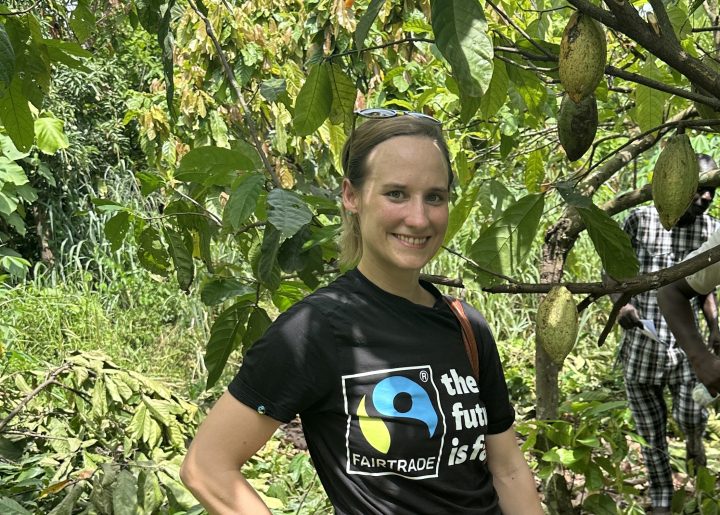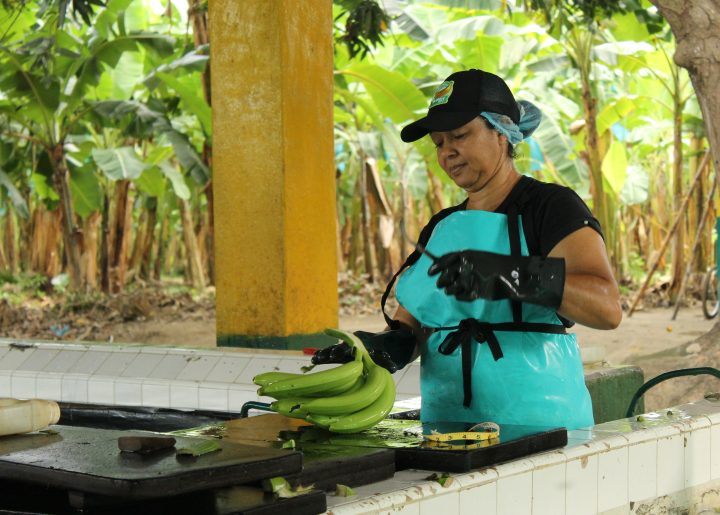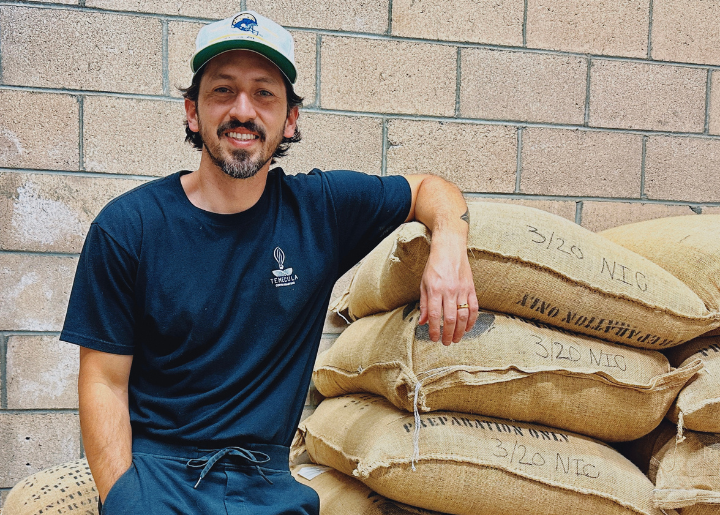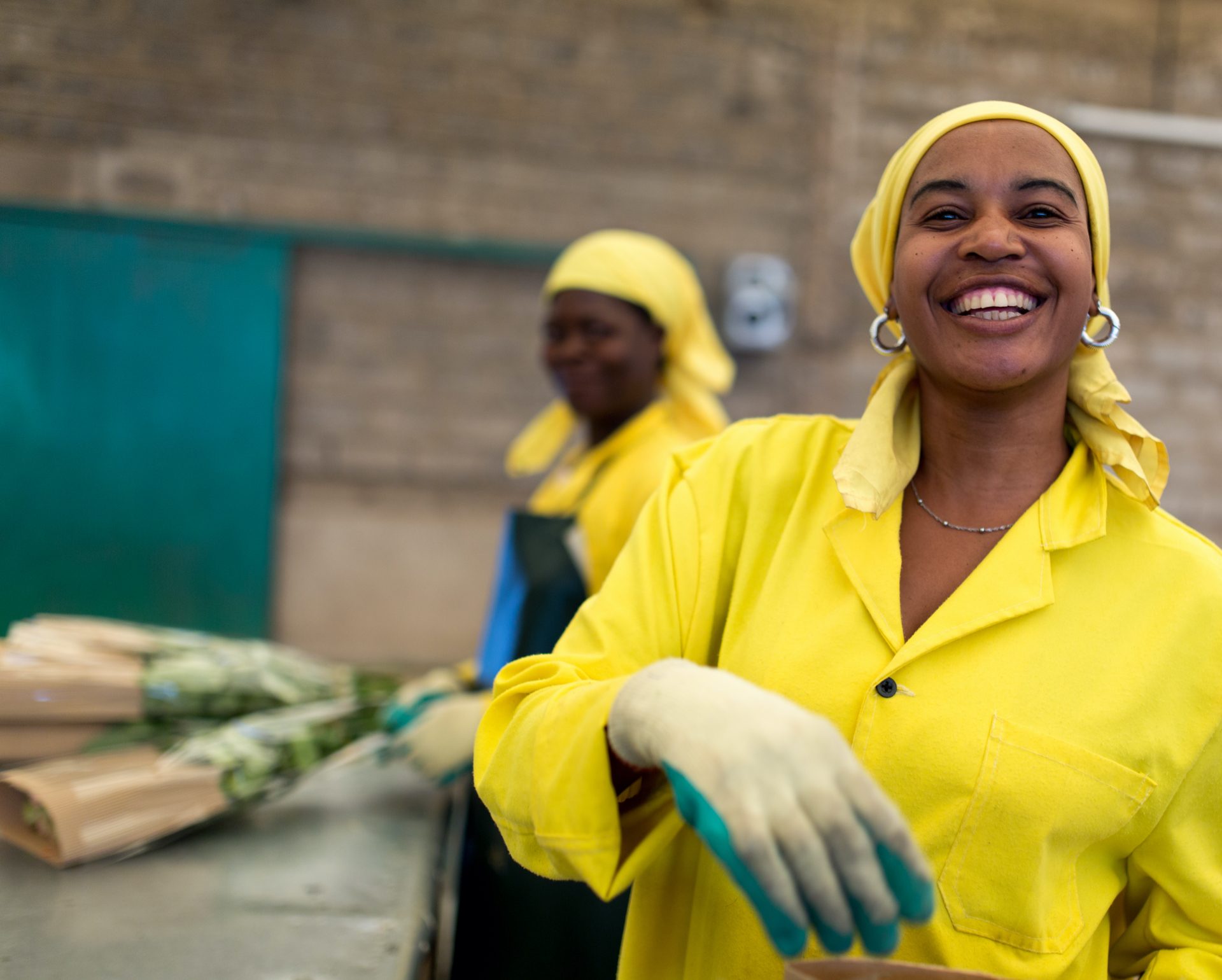Study shows strong progress towards a living wage in Colombia
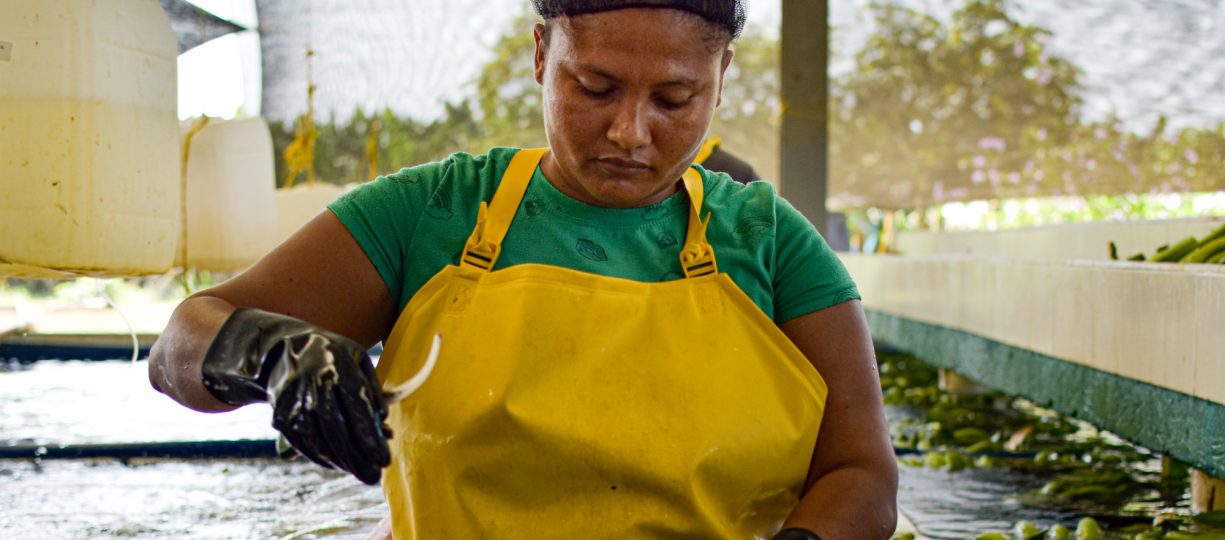
A living wage study published this month examines how much banana workers in Colombia would need to earn to live a decent, dignified life. The study found that thanks to healthy industrial relations, many Fairtrade banana workers are already earning a living wage.
The study was led by Dr Lykke Andersen using the widely accepted Anker methodology, on behalf of the Global Living Wage Coalition, of which Fairtrade International is a founding member. The living wages for the banana regions of Magdalena, Urabá and Guajira in Colombia are calculated at COP1,644,569 per month, or US$488 according to the current exchange rate. The results show that, on average, unionized workers on Fairtrade certified plantations in Colombia are already earning this amount and often more.
Promising findings
Considering that the wages of banana workers differ according to task and skill, the study found that around half of banana workers in Colombia already earn a living wage. The majority of those earning a living wage are in Urabá, due to the much higher unionization rate in the region.
The average prevailing wage for banana workers covered by the collective wage bargaining agreement is around 3% more than the estimated living wage. At the same time, the average prevailing wage for non-unionized banana workers is around 16% less than the living wage.
Almost all banana workers in the Urabá region, and almost half of banana workers in Magdalena and Guajira regions, are covered by a collective wage bargaining agreement.
The important role of unions and Fairtrade conditions
The researchers emphasize that this high realization of living wages is mainly a result of the long-standing constructive relationship between the local union, SINTRAINAGRO and the local employers’ organization, AUGURA. In Colombia as elsewhere, Fairtrade has been actively promoting effective industrial relations and worker participation on certified farms.
The report also mentions that workers on Fairtrade certified farms enjoy several additional benefits compared to the standard wage agreement. The Fairtrade Premium, an additional sum of money which workers receive for each box of Fairtrade bananas sold, contributes to essential needs of workers and their families. The workers jointly decide how to use the Premium. Typical examples include housing loans, household appliances, school materials and scholarships, or community projects. This finding also means that by choosing Fairtrade bananas, consumers play an essential role in improving the lives of workers and their families.
Fairtrade will continue to improve conditions
Despite these results, Fairtrade’s work is far from over. Maintaining the current results requires continuous commitment not only from Fairtrade but from all partners in the supply chain. Further support for the work of unions is crucial. Fairtrade is continuing its collaboration with trade unions, companies, governments, NGOs and other standard-setters to create the right conditions for paying a living wage. In several key Fairtrade banana origins such as the Dominican Republic, Peru, Ghana and Cameroon, Fairtrade is already helping to build bridges between workers, trade unions and employers. Management of the Fairtrade Premium is another way that Fairtrade also strengthens the voice of workers, enabling them to consult together, to make their own decisions, and to negotiate with the management of the plantation.
More efforts needed for all banana workers worldwide
Many other banana workers still have a long way to go to reach a living wage. There are regions in Colombia and other banana producing countries where much more work is needed to close the gap between actual wages and a living wage. That means promoting access for banana workers to full employment and better paying tasks, particularly for women, so that a living wage does not depend on luck and skill, as the report mentions. That also requires removing any barriers to unionization and collective bargaining. Finally, as many banana workers worldwide work informally without contracts, formalization of work arrangements is essential for them to become registered, recognized and better protected.
Fairtrade will continue to promote a fair deal for banana workers and producers, hoping that other parties involved in the banana supply chain and consumers of course, will contribute to our common goal of fair and dignified working conditions.
Topics
We’re in this together
Fairtrade America partners with brands on the journey to certification and beyond. We can help with everything from finding a certified supply chain to marketing your newly certified product.
Get in Touch
